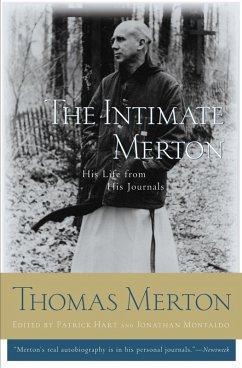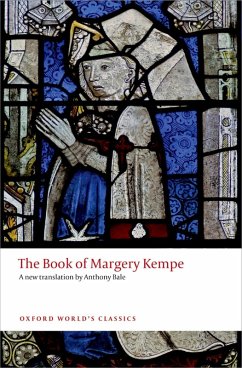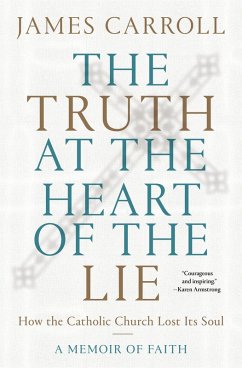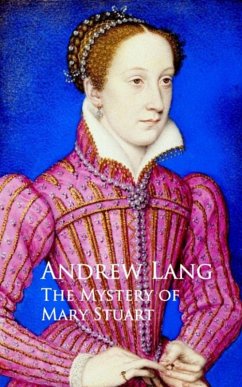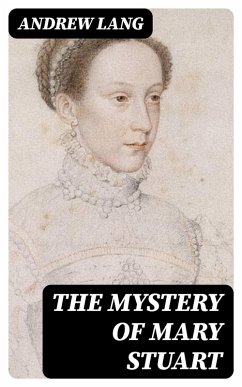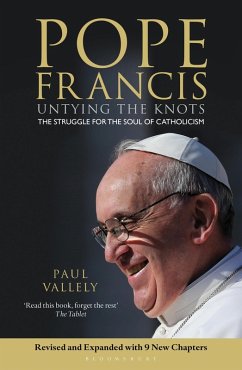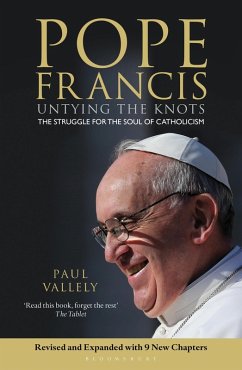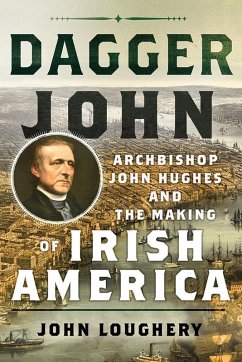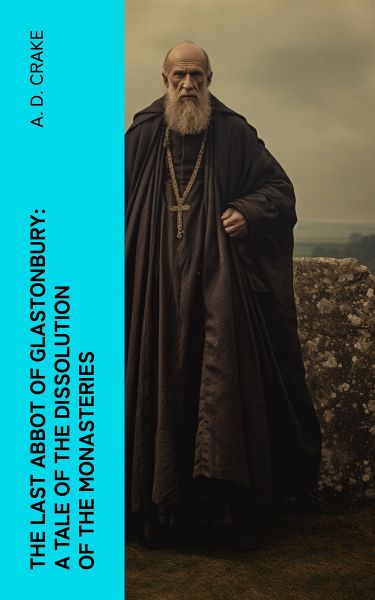
The Last Abbot of Glastonbury: A Tale of the Dissolution of the Monasteries (eBook, ePUB)

PAYBACK Punkte
0 °P sammeln!
The Last Abbot of Glastonbury is a biography by A.D. Crake. It covers the life and work of Richard Whiting, who was the last Abbot of Glastonbury before King Henry VIII dismantled them during the 16th century.
Dieser Download kann aus rechtlichen Gründen nur mit Rechnungsadresse in A, B, BG, CY, CZ, D, DK, EW, E, FIN, F, GR, H, IRL, I, LT, L, LR, M, NL, PL, P, R, S, SLO, SK ausgeliefert werden.




